Getting Married in Ireland

Getting Married in Ireland
Well, I’ll tell you, getting married in Ireland can really be quite easy. It just takes a bit of preparation and time like it would anywhere.
I thought it was best to lay everything out here because I am always concerned when I see a website that tells couples “how to get married in Ireland” because more often than not the information is well out of date.
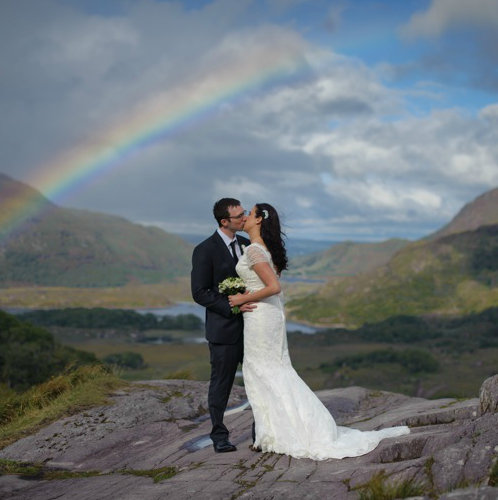 Photo by Philip Daly
Photo by Philip Daly
First of all there are no residency requirements for marriages in Ireland. You do however, have to give at least 3 months notice to one of the Irish Registrar’s offices.
So for couples living abroad who want to marry in Ireland, with prior agreement from the Registrar {which is easy to get}, your legal paperwork and the required 3 months notification can be done by post but you also must meet with the Registrar in person at some point a minimum of 5 days before your marriage. But you can meet them, go travelling and then have your wedding. You don’t have to hang around.
Requirements
Now read on for the requirements which hopefully I have put in plain language.
The below are needed by all couples who want to have a legal valid marriage in Ireland. Civil or religious.
You must:
– Have the capacity to marry each other meaning be at least 18 years old, and not currently married.
– freely consent to the marriage;
– observe the marriage notification process as required by Irish law as outlined below and by contacting the HSE Registrar as soon as you know you want to marry in Ireland.
All couples will be asked to produce:
– The marriage notification form as supplied by the registrar
– Passport as ID
– Original Birth Certificate. For those not born in Ireland, you will need to get an apostille stamp for your birth certificate. If your birth certificate is in a language other than English, you will also have to have it translated.
– If either party is divorced, original final decrees in respect of all previous divorces.
– If widowed, death certificate of the previous spouse and the civil marriage certificate for their first marriage
– Their PPS Numbers (This is an Irish tax ID number) where either or both of the parties have one
– A current household bill for verification of address.
– Fee of €200
Additional documentation may be required in some cases and the Registrar’s office will advise if needed.
You will be asked:
– the intended date of marriage,
– whether yours will be a civil or religious ceremony,
– the names and dates of birth of their witnesses, and
– details of the proposed solemniser (your officiating priest, religious leader or other legally recognized Celebrant) and venue.
You will also both have to complete a declaration of no impediment stating that they are not aware of any lawful impediment to the proposed marriage. They will give you that.
Everyone: I cannot emphasise enough that if you want to get married in Ireland, whether you live here or not, start your paperwork as soon as possible. I don’t care if you don’t know your priest’s name or your venue yet, just get started.
Once the Registrar has approved all required details as above, he or she will issue you with a Marriage Registration Form (MRF) based on the information provided. This is a critical document and you need it for the marriage to proceed. All couples wishing to marry in Ireland (whether they require a religious or a civil ceremony) must first be issued with a Marriage Registration Form to be legal. The MRF should be given to the registrar or religious solemniser solemnising the marriage prior to the legal ceremony.
You must bring all documents and information requested by the Registrar to their in person meeting even though the documents may have been seen through postal notification and the MRF can be issued to them immediately.
The Registrars are extremely busy and while I have always found them very helpful and hugely patient and efficient, be prepared with as much as you can as soon as you can.
If you are hoping for a religious ceremony, you will need to follow the instructions above and also consult your religious leader in your home church to liaise with the religious celebrant in the church in which you would like to marry in Ireland.
Now that is a plain word short version outline of what is needed just so you know off hand. But I’ll say it again, consult the HSE {Health Service Executive} and General Registrar’s Office for full information, links and phone numbers that you will need. Do it as soon as you know you want to get married in Ireland and it will be all down {a lush grassy green} hill from there.
For now, email me if you have any general questions on annie {at} aislinnevents {dot} com.
OOh yea, and contact me to help you plan it!
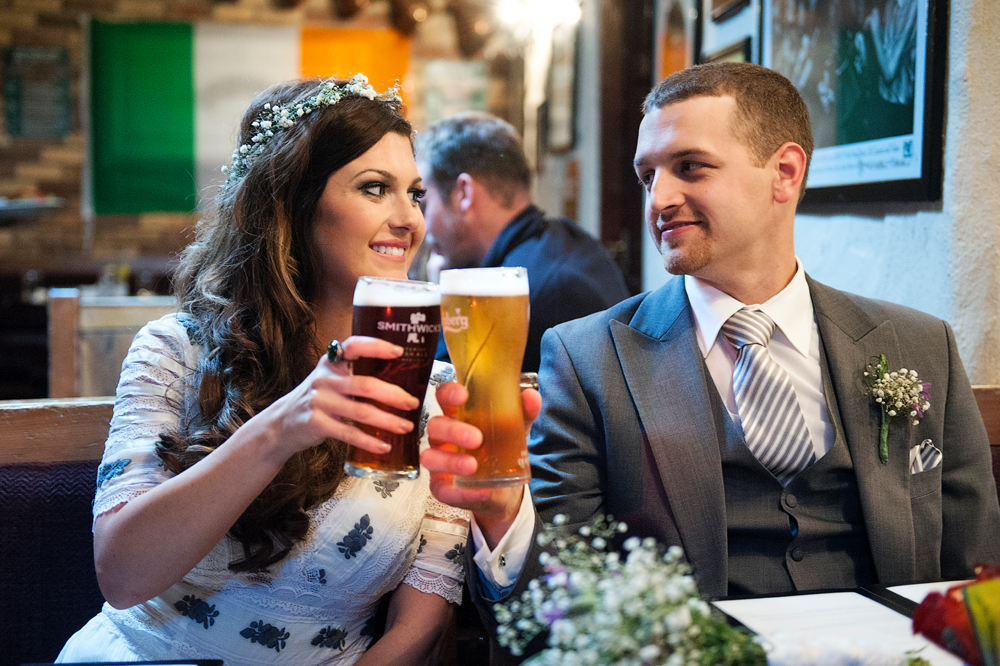




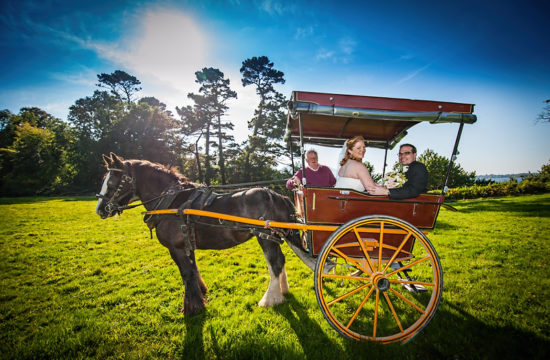
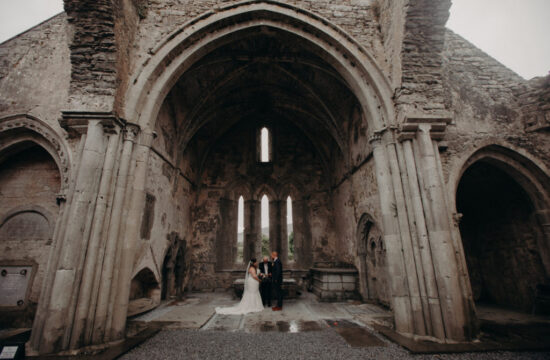
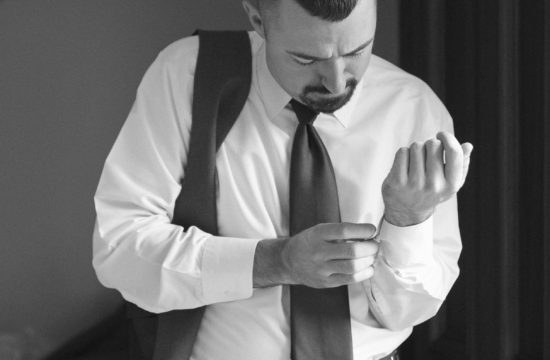

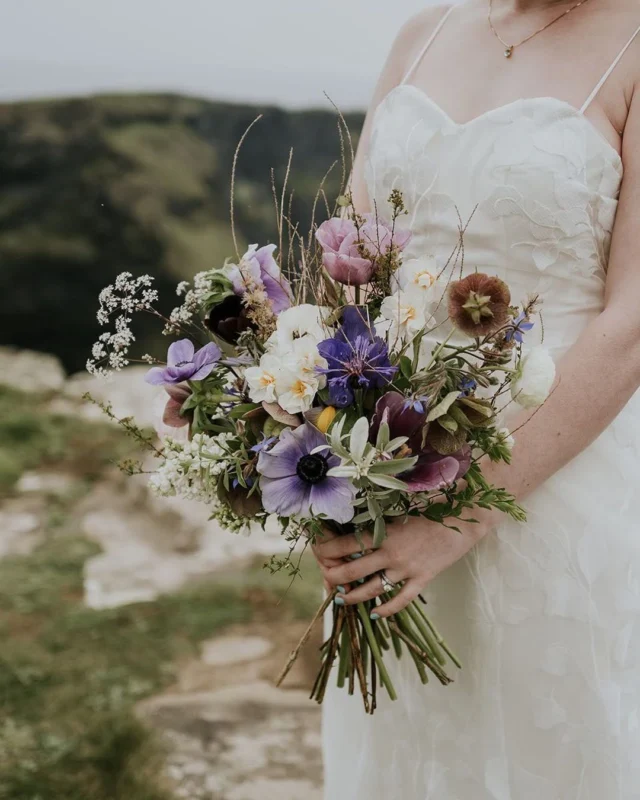
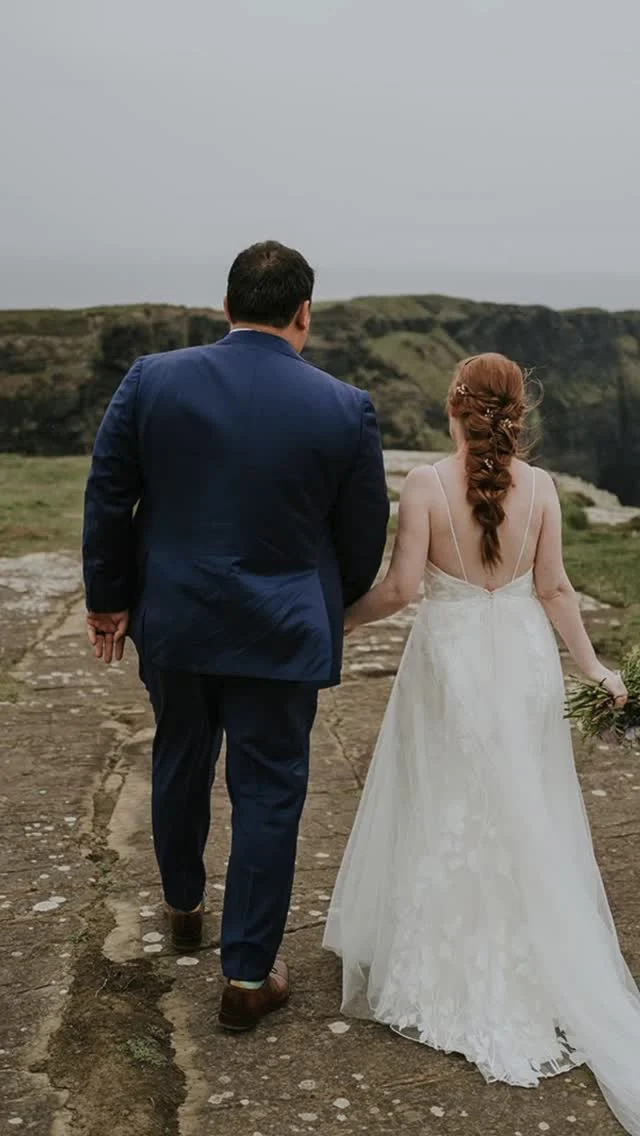

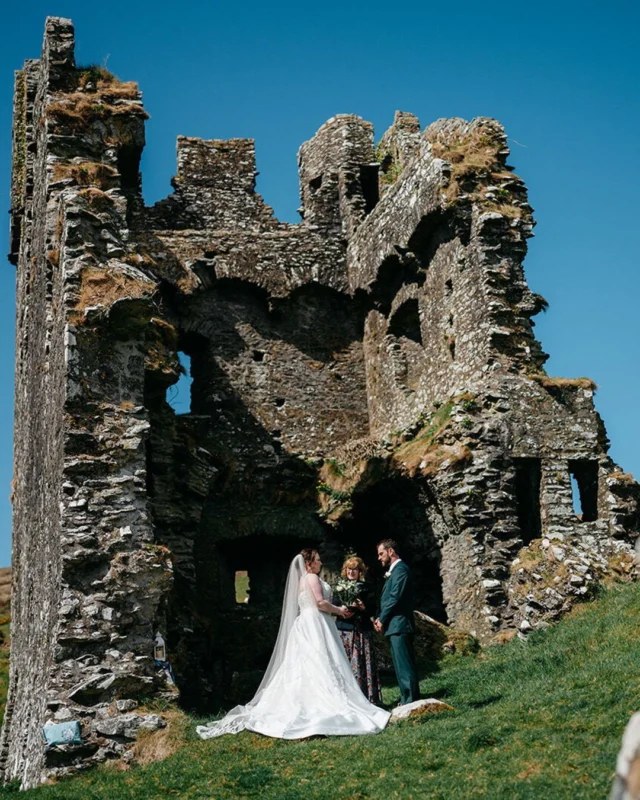
READ COMMENTS -
LEAVE A COMMENT